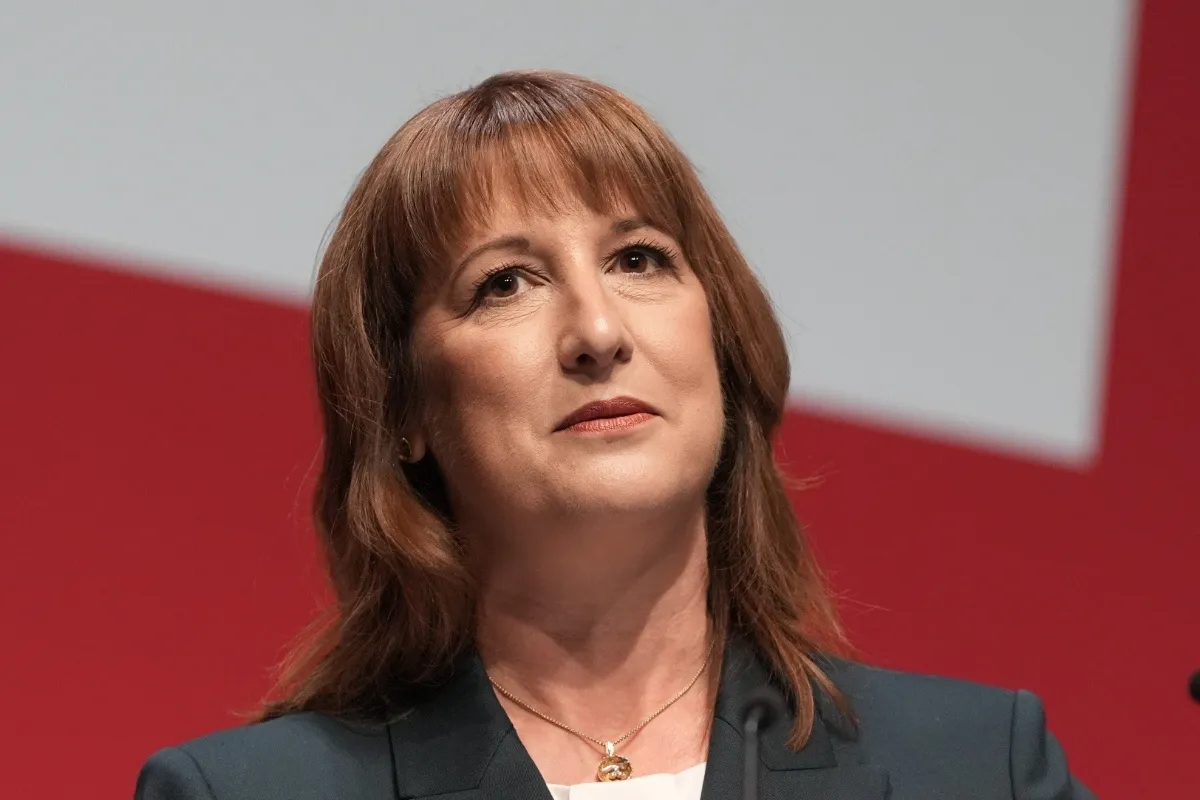Copyright cityam

Ahead of the Autumn Budget, City Reporter Samuel Norman sits down with top industry names for a Budget Briefing. This week, the managing director of TheCityUK warns Reeves not to patch up the tax tire just for it to deflate once more. The Chancellor has touted financial and professional services for their role “at the heart” of the government’s mission for growth. But as Rachel Reeves’ fiscal picture gets dimmer with each passing week to the Autumn Budget, the industry has called for her to stick by previous testaments. TheCityUK, an industry body representing financial and professional services across the UK, has called on the government to push ahead with plans to ease the regulatory burden on the private sector by 25 per cent in the next few years and avoid adding to the mountain tax burden. “We would like to see a recognition that our financial and professional services businesses in the UK are – as the Chancellor has said before – a jewel in the crown and a national strategic asset,” John Godfrey, managing director for policy at TheCityUK told City AM. Godfrey warned Reeves risks trapping herself in a tax doom loop, should she launch a series of sector-specific levies. He called for the Budget to be used for “signalling” and provide a “roadmap” for long-term road, as opposed to “patch the leaky tire and the puncture repair will hold till next year, when I might have to patch it all again”. Reeves is reported to be mulling a host of tax raids ranging across gambling, junk food and most recently extending national insurance to include limited liability partnerships or LLPs. With a fiscal gap as wide as £20bn to £30bn, Reeves has confirmed the Treasury is “looking at tax and spending”. Godfrey said: “We prefer to see a broad tax base rather than going into Woolworths and doing a pick and mix job on short term solutions.” The bank tax question Chatter around a bank tax has plagued the financial services industry ahead of Labour’s second Budget. Banking industry body UK Finance revealed earlier this month that London lender’s total tax rate rose 0.6 per cent to 46.4 per cent in 2025. This dwarfed that of overseas rivals and has spiked concerns about the City’s attractiveness on the global stage. In New York, the tax rate remained unchanged year-on-year at 27.9 per cent, almost two-thirds below that in London. Banks are subject to a sector-specific levy – currently three per cent – that sits on top of corporation tax as well as VAT, property taxes, national insurance and other taxes levied on businesses. “Our request is for no change to the surcharge and the levy as a minimum position – in subsequent budgets, we would like to see that reduced,” Godfrey said. The government is facing fierce lobbying from think tanks and opposing parties to use the banks for a quick cash grab. The left-leaning Institute for Public Policy and Research (IPPR) called for an annual £8bn raid on lenders – a move which TheCityUK has lambasted. “We’re quite explicit in what we’re saying about the IPPR-type ideas,” Godfrey said. “We think that that is exactly the type of sector specific move that we really don’t like, you know. That is a specific call out.” The levy suggested by the IPPR would raid quantitative easing profits, which involved the Bank of England buying a large amount of government bonds from commercial lenders to lower interest rates and stimulate the economy. Don’t ruin progress made The Treasury has moved at pace to garner affection in the City with a batch of regulatory reforms. Reeves branded financial services regulation “a boot on the neck of business” in her Mansion House Address as she urged watchdogs to “take up the call” of regulating for growth. But Godfrey warned progress would be eroded if the Chancellor was to target the sector in her Budget. “You’ve got to look at these two things together – bring down the regulatory cost, but don’t offset that by increasing tax because then you fail to deliver your mission of attracting more business to the UK,” he said. He said such a reverse would risk eroding Britain’s already-tenuous international competitive status. “There is a huge importance attached by those who allocate capital to the frictional costs of doing business, as they see them in the UK.” He listed the top two “frictional costs” of the UK as covering tax and regulation. “If you’re sitting in New York or wherever and trying to make a capital allocation decision, you’re going to say: ‘how much does it cost me to do business in the UK versus three, four or five other different sites?’” Godfrey said the government “couldn’t afford to be complacent” and rest on previous success. He added “parts of our industry have not actually outperformed in terms of productivity improvement over the last few years” and warned the advancements in new tech risked historical advantages. “The time zone and the language are not guaranteed to be advantages forever in a world where there is more AI – where everything is on all the time and it can happen automatically everywhere”.



